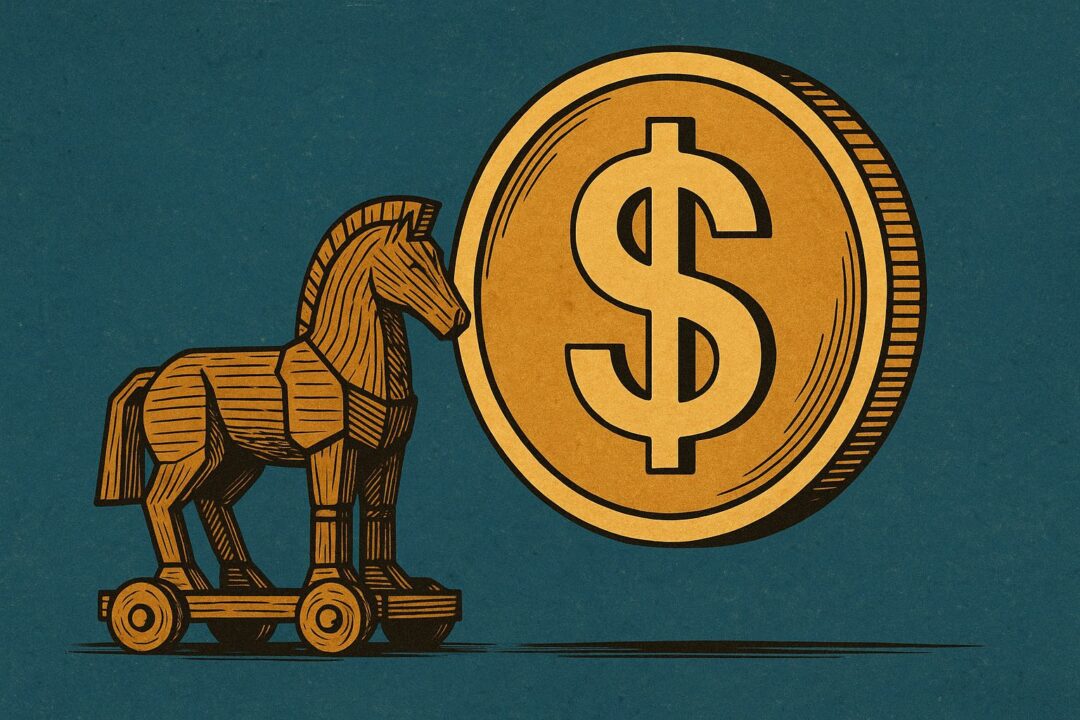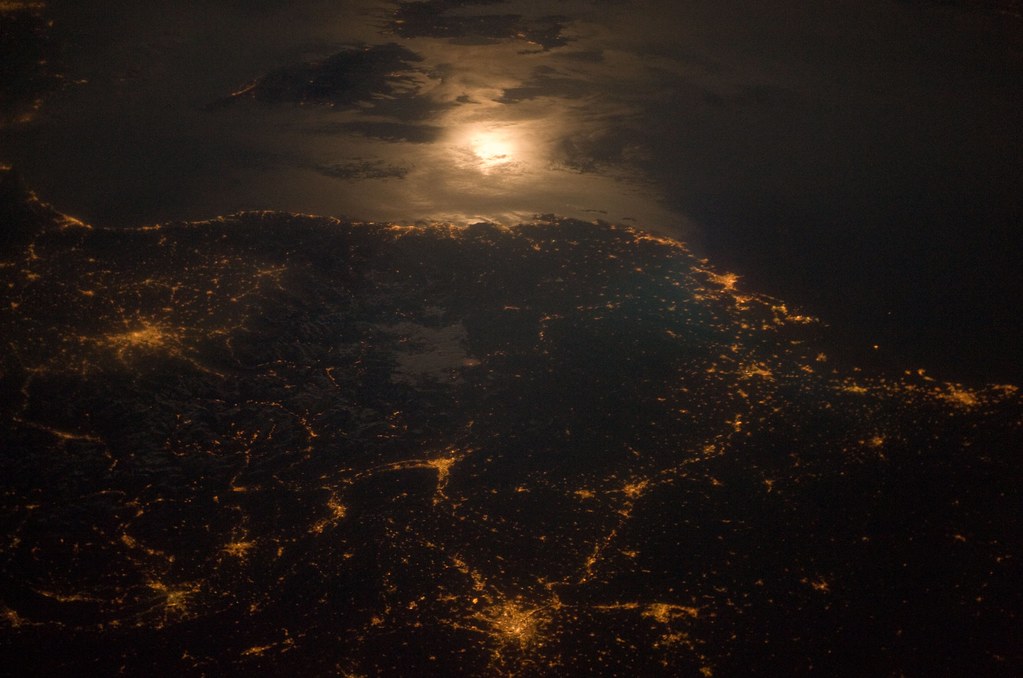There was a time in human history when language did not exist. If we trace our origins far enough back, we find our ancestors living in a world without structured speech or writing. They thrived through instinct, gestures, and shared experience, unmediated by the symbolic systems we now rely on. Language, then, is not inherent to humanity; it is something we created.
But if language is a creation—a tool that evolved to serve us—what has it done to the way we think, live, and understand ourselves?
The Construct of Language
Language is everywhere. It is how we communicate, how we build cultures, and how we make sense of the world. But it also defines and limits. Words categorize experiences, shaping how we perceive reality. The vast, ineffable nature of existence is filtered through the narrow lens of language, breaking it down into manageable but artificial pieces.
Without language, could we think in the same way? For most people, conscious thought is inseparable from words. Our minds speak in an inner dialogue, narrating, analyzing, and interpreting everything we encounter. This raises an intriguing question: If language is a construct, is thought also constructed?
Consciousness Without Words
What happens if we try to think without language? For many, this is an almost impossible task. Without words, conscious thought seems to dissolve into a state of raw experience—a stream of impressions, feelings, and sensations that defy articulation.
This suggests that much of what we call “thinking” is tied to the linguistic structures we’ve built. Animals, after all, live and respond to the world without needing words. Could it be that our ancestors, too, once experienced life in this unmediated way?
If conscious thought requires language, then perhaps it is not as “natural” as we assume. It might be an emergent behavior, a result of evolution rather than an intrinsic aspect of being human.
The Influence of Language
Language doesn’t just shape thought—it shapes our reality. It defines how we see the world, ourselves, and each other. It carries with it the weight of culture, history, and ideology, embedding assumptions and structures into our minds.
This influence can be profound. By categorizing and naming everything, language can obscure the fluid, interconnected nature of existence. It can create boundaries where none exist, turning the world into a series of discrete objects and concepts.
And yet, it is difficult to imagine life without it.
The Question of the True Self
If language and thought are constructs, what does that say about the self? Is our true self something that exists beyond words, in the raw experience of being? Or is it something that incorporates language, using it as a tool to navigate and create meaning?
It’s a question without a definitive answer, but it points to a tension between the linguistic and the pre-linguistic aspects of humanity.
Thinking and Being
Do we need to think in order to be? Animals don’t think in the way we do, yet they live fully within their nature. For humans, constant thinking can feel like a defining characteristic, but it might also pull us away from a deeper connection with reality.
Perhaps there is value in stepping outside the realm of words and concepts, even if only for a moment. Perhaps there is something to be learned from silence.
Closing Thoughts
Language has allowed us to build civilizations, share knowledge, and connect with one another in profound ways. But it has also shaped how we think, live, and understand ourselves. Whether it helps or hinders us is a question worth reflecting on.
What lies beyond words? What lies beneath the thoughts we construct? These are questions without easy answers—but perhaps the act of asking them is itself meaningful.
Discover more from Brin Wilson...
Subscribe to get the latest posts sent to your email.



